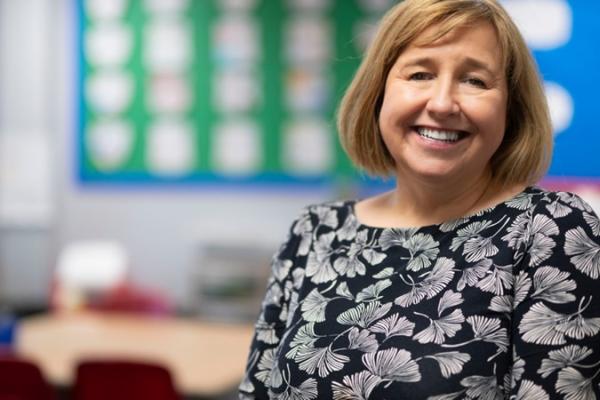Attainment in Numeracy, Welsh Reading and English Reading has improved in 2023 to 2024, new statistics show.
English Reading saw attainment levels improve across all year groups compared to 2022 to 2023. Learners in Year 3 showed sustained improvement with levels in English Reading being higher than in both 2020 to 2021 and 2021 to 2022.
Welsh Reading presented some improvement across Years 3 to 9, compared to 2022 to 2023. Younger years have shown the greatest degree of improvement in Numeracy (Procedural), whilst Numeracy (Reasoning) has remained relatively stable. These statistics were published today using anonymised data from the national personalised assessments.
Personalised assessments are adaptive online assessments in four subjects taken by all learners in Years 2 to 9 in maintained schools. They aim to support learning by providing information on the reading and numeracy skills of individual learners. They highlight where learners are making progress, as well as which skills could be developed further.
Cabinet Secretary for Education Lynne Neagle said:
It is encouraging to see progress in attainment in reading and numeracy. This improvement highlights the impact our investments are making in schools to ensure every learner has the opportunity to reach their full potential. These assessments help to support all our learners in their educational journey by providing a valuable insight into their strengths and emerging skills.
I would also like to thank our teachers and the education workforce for their hard work and dedication in supporting our learners and for their continued commitment and professionalism in responding to our national priorities.
Headteacher Trystan Phillips at Ysgol Gymunedol Penparc in Ceredigion said:
We have evolved in our use of the Personalised Assessments to move away from their use as a summative resource to being a resource that truly influences progress. The use of the different group reports have been invaluable in not only recognising strengths and areas to improve for year groups but also showing examples and exercises that can be used. They’re very much now a device to support pupil progress.
Estyn’s Chief Inspector, Owen Evans said:
Personalised assessments are a useful tool for schools. They enable teachers to tailor support for individual pupils and track progress over time. We are pleased to see some improvement, but schools need to work together to support attainment, and ensure there is a relentless focus on improving reading and mathematics for all learners.
Estyn will continue to work to support schools, and urge leaders to use resources, such as our recent thematic review ‘Unlocking potential: Insights into improving teaching and leadership in mathematics education’ to help improve teaching and learning.

